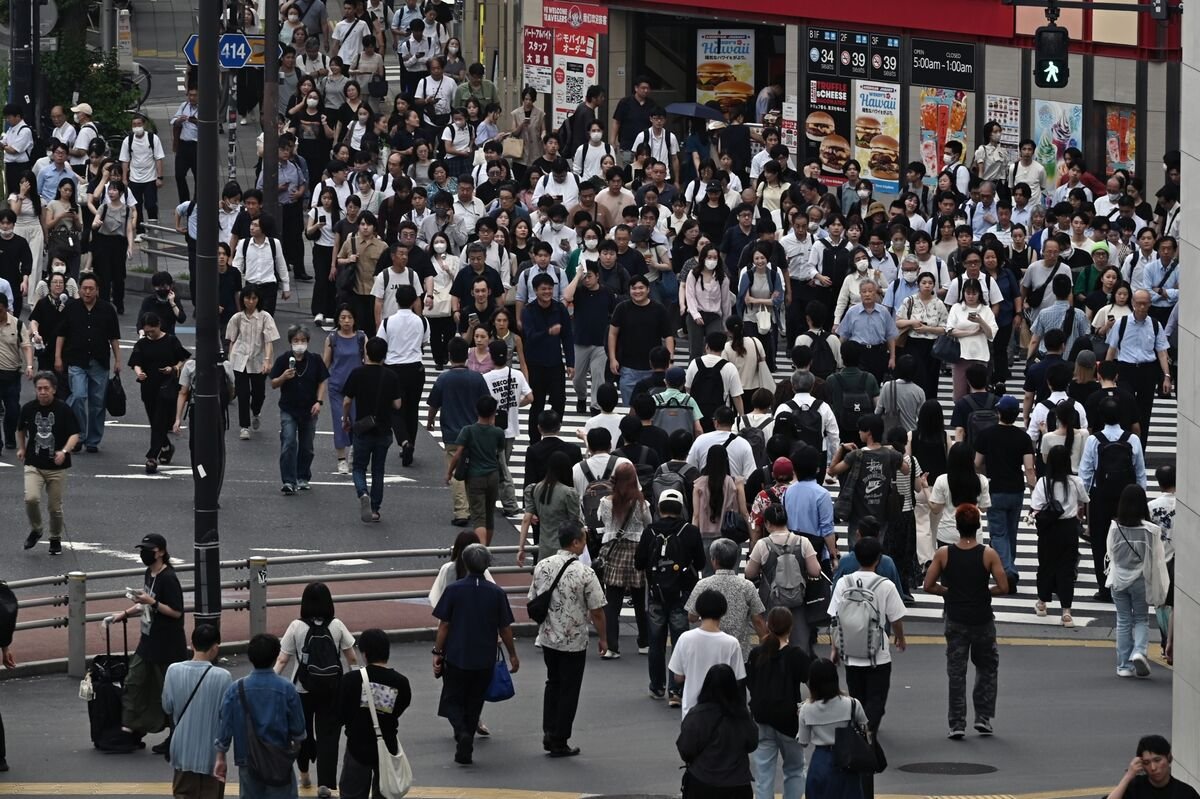Funding & Business
Corporate Venture Capital – Q2 2015

Corporate VC arms have also participated in more than $3B in US-based deals in each of the last 3 quarters.
Corporate venture investors are increasingly active in 2015 and finding themselves in some of the largest recent deals in venture, including rounds to Slack, Zenefits, and 21 Inc. In the first six months of 2015, corporate venture capital investors participated in $7.85B of US-based financings across 357 deals. At the current run-rate, CVC deal activity is on track to top 2014’s high. Corporate VC arms have participated in more than $3B of deals in each of the last 3 quarters.
We highlight some of the top trends in corporate venture capital in the rest of this brief. But for a full data-driven overview of what’s happening in corporate venture capital, sign up below.
California stays dominant for corporate venture deals
California has taken more than 50% of all corporate venture deals in four of the last five quarters. Massachusetts and New York have been swapping positions for the number two spot and saw a nearly equal amount of deal share in Q2’15.
Corporate VC seed deal share drops
In Q3’14 and Q4’14, seed activity made up 1 of every 5 deals done by corporate venture arms. But there has been a significant pullback in 2015. Even Google Ventures, the most frequent corporate VC seed investor, has beat a retreat. Each of the past two quarters saw seed deals take just 11% of CVC deal activity, while Series C activity took nearly 1 of every 5 deals in Q1’15 and Q2’15.
Internet deals take half of all CVC deals in the quarter
Corporate venture deal share to the Internet sector hit a five-quarter high in Q2’15. Mobile deal share by corporate venture arms has topped that of healthcare in three of the last five quarters.
Get the ‘Benchmarking Corporate Venture Capital‘ presentation. Want more corporate venture data? Sign up for the CB Insights Venture Capital Database free below.
If you aren’t already a client, sign up for a free trial to learn more about our platform.
Funding & Business
UK Can Get More From Oil, Gas With Faster Tax Change, Lobby Says

The UK can generate almost 25% more in taxes from oil and gas companies through 2050 if the Labour government replaces a contentious windfall levy on North Sea producers as soon as next year rather than waiting, according to an industry lobby group.
“Action is required now,” Offshore Energy UK said in its analysis of the nation’s fiscal policy impacts. The lack of an immediate response risks pushing the sector into “an accelerated decline” that includes a “loss of critical mass” of British oil and gas supply chain capability.
Funding & Business
Stock Market Today: Dow, S&P Live Updates for September 1

Asian investors may tread cautiously on Monday as uncertainty deepens following a U.S. federal appeals court ruling that President Donald Trump’s sweeping trade tariffs were illegal.
The dollar was steady against major peers in early trading while US equity futures edged higher. Contracts indicate losses for Australian and Japanese shares at the open, and gains in Hong Kong. US bond futures nudged lower, with the cash market closed for the Labor Day holiday.
Funding & Business
Tokyo Bourse Pressed for More Disclosure on Management Buyouts

The Tokyo Stock Exchange remains under pressure to do more to protect minority shareholders during management buyouts, just weeks after requiring more disclosures on such deals.
Pacific Industrial Co., a supplier for Toyota Motor Corp., and car-care products maker Soft99 Corp. are among companies that have announced plans to go private in management buyouts, since new rules came into effect on July 22.
-
Tools & Platforms3 weeks ago
Building Trust in Military AI Starts with Opening the Black Box – War on the Rocks
-

 Business2 days ago
Business2 days agoThe Guardian view on Trump and the Fed: independence is no substitute for accountability | Editorial
-

 Ethics & Policy1 month ago
Ethics & Policy1 month agoSDAIA Supports Saudi Arabia’s Leadership in Shaping Global AI Ethics, Policy, and Research – وكالة الأنباء السعودية
-

 Events & Conferences3 months ago
Events & Conferences3 months agoJourney to 1000 models: Scaling Instagram’s recommendation system
-

 Jobs & Careers2 months ago
Jobs & Careers2 months agoMumbai-based Perplexity Alternative Has 60k+ Users Without Funding
-

 Education2 months ago
Education2 months agoVEX Robotics launches AI-powered classroom robotics system
-

 Funding & Business2 months ago
Funding & Business2 months agoKayak and Expedia race to build AI travel agents that turn social posts into itineraries
-

 Podcasts & Talks2 months ago
Podcasts & Talks2 months agoHappy 4th of July! 🎆 Made with Veo 3 in Gemini
-

 Podcasts & Talks2 months ago
Podcasts & Talks2 months agoOpenAI 🤝 @teamganassi
-

 Mergers & Acquisitions2 months ago
Mergers & Acquisitions2 months agoDonald Trump suggests US government review subsidies to Elon Musk’s companies

